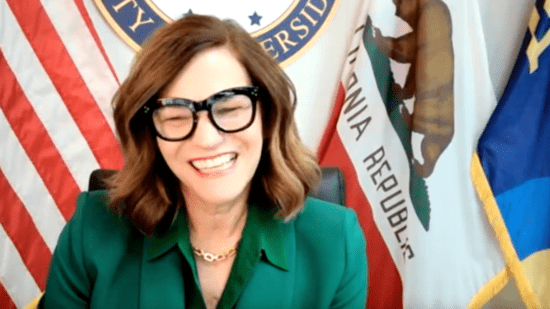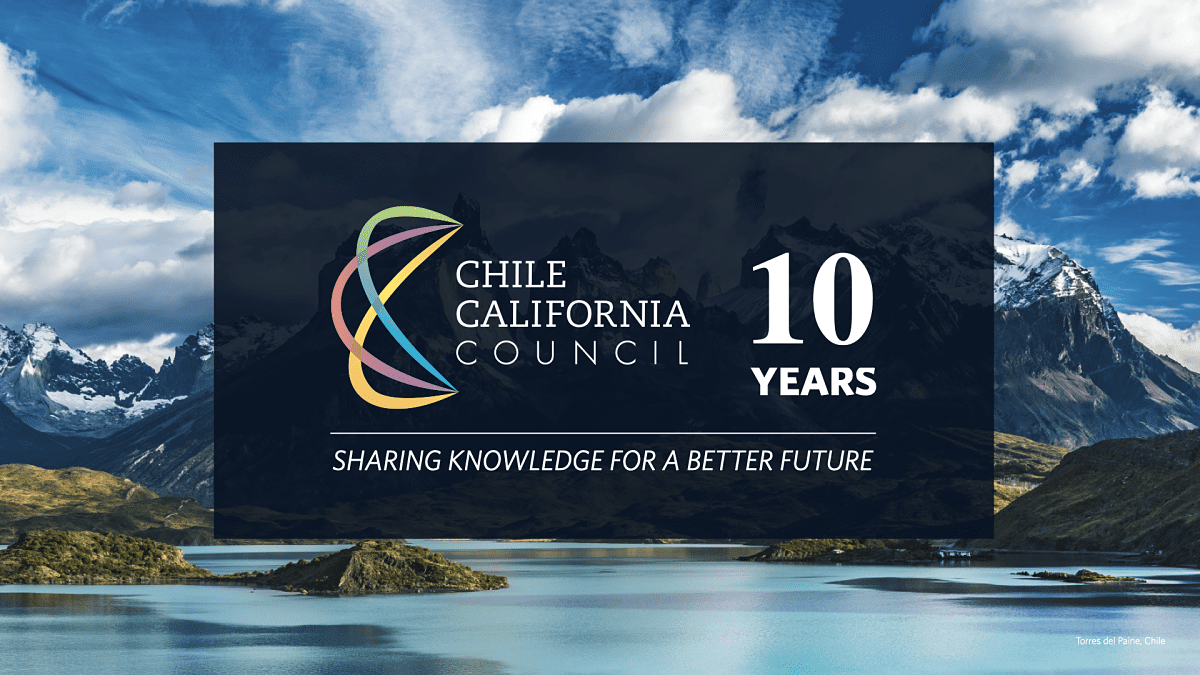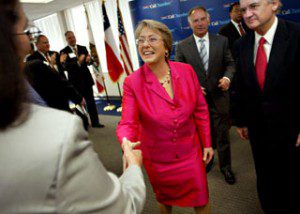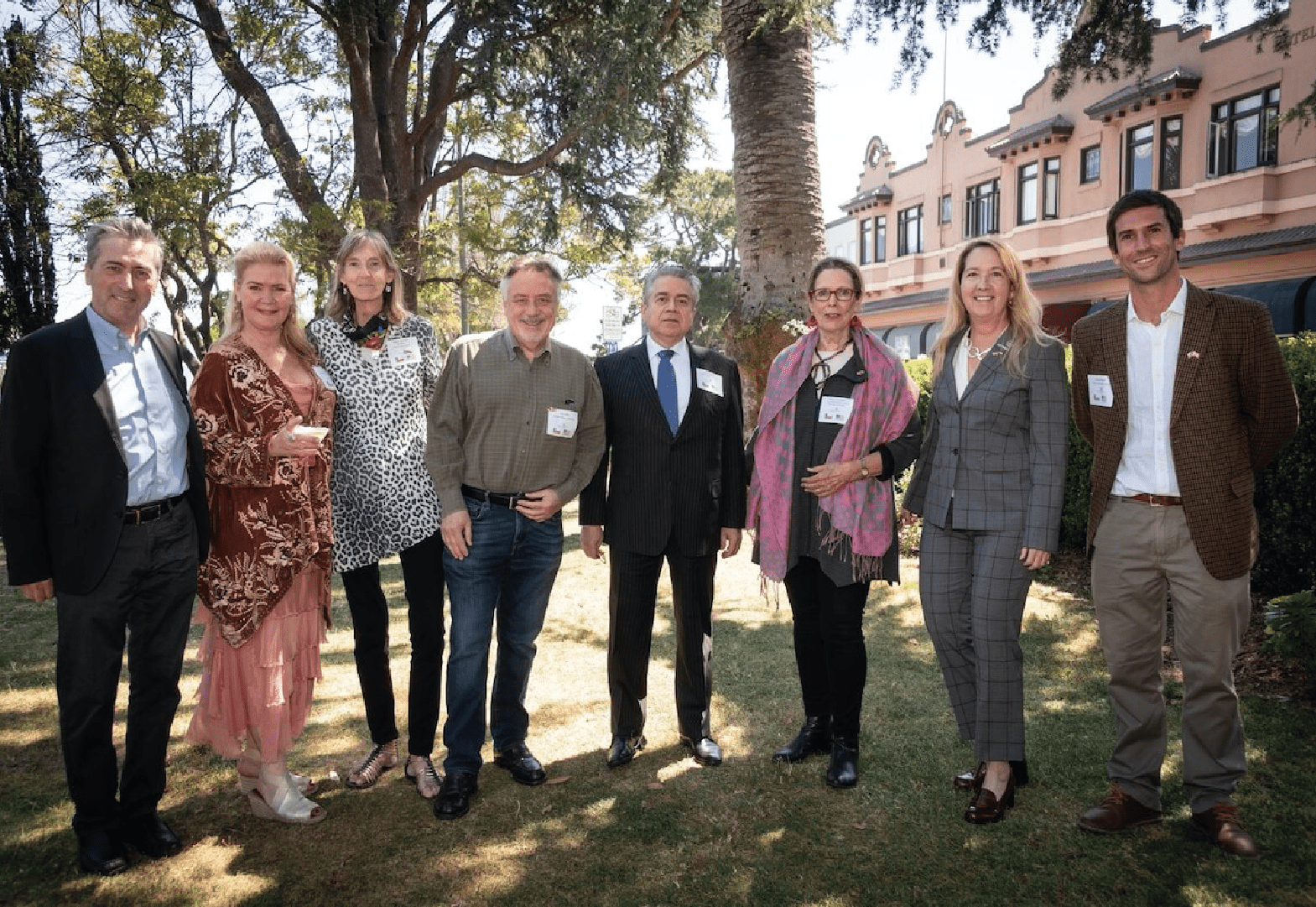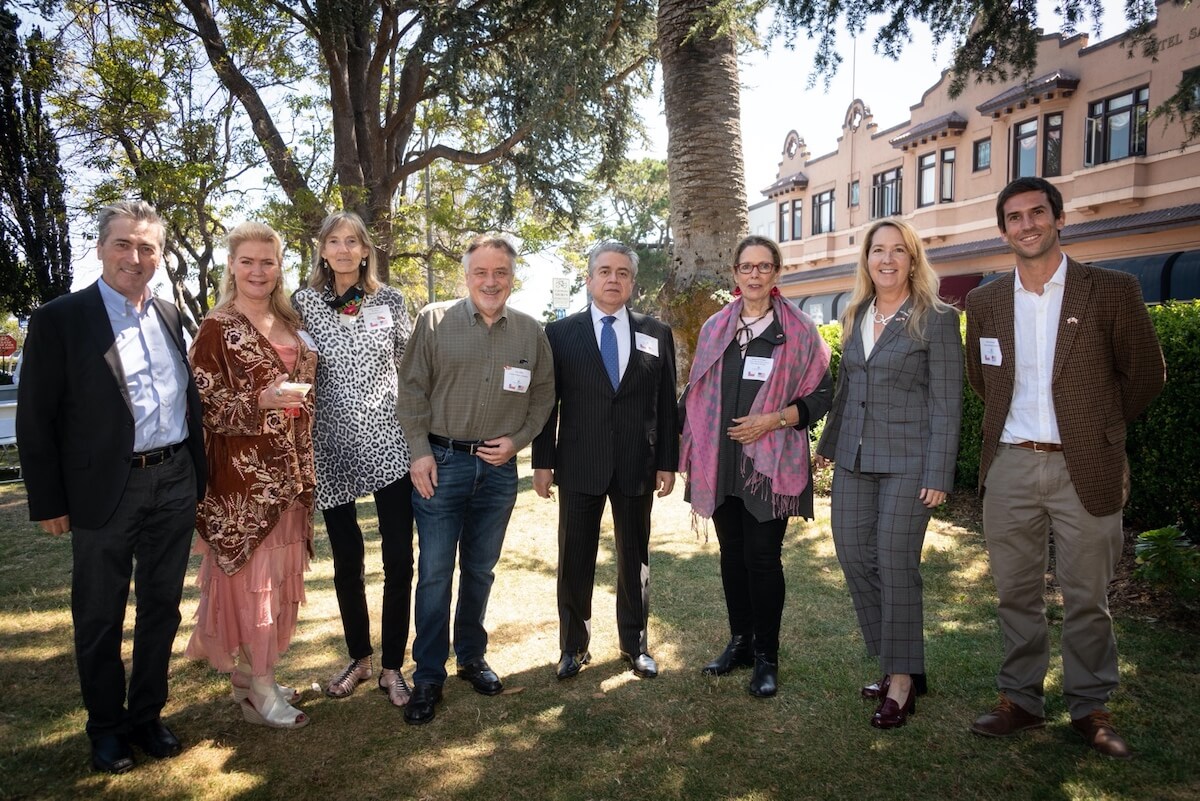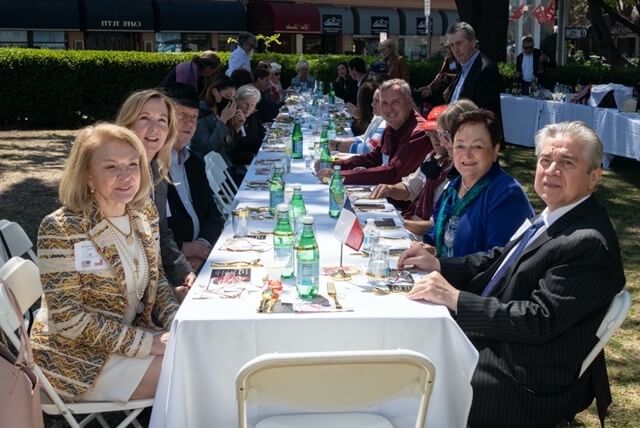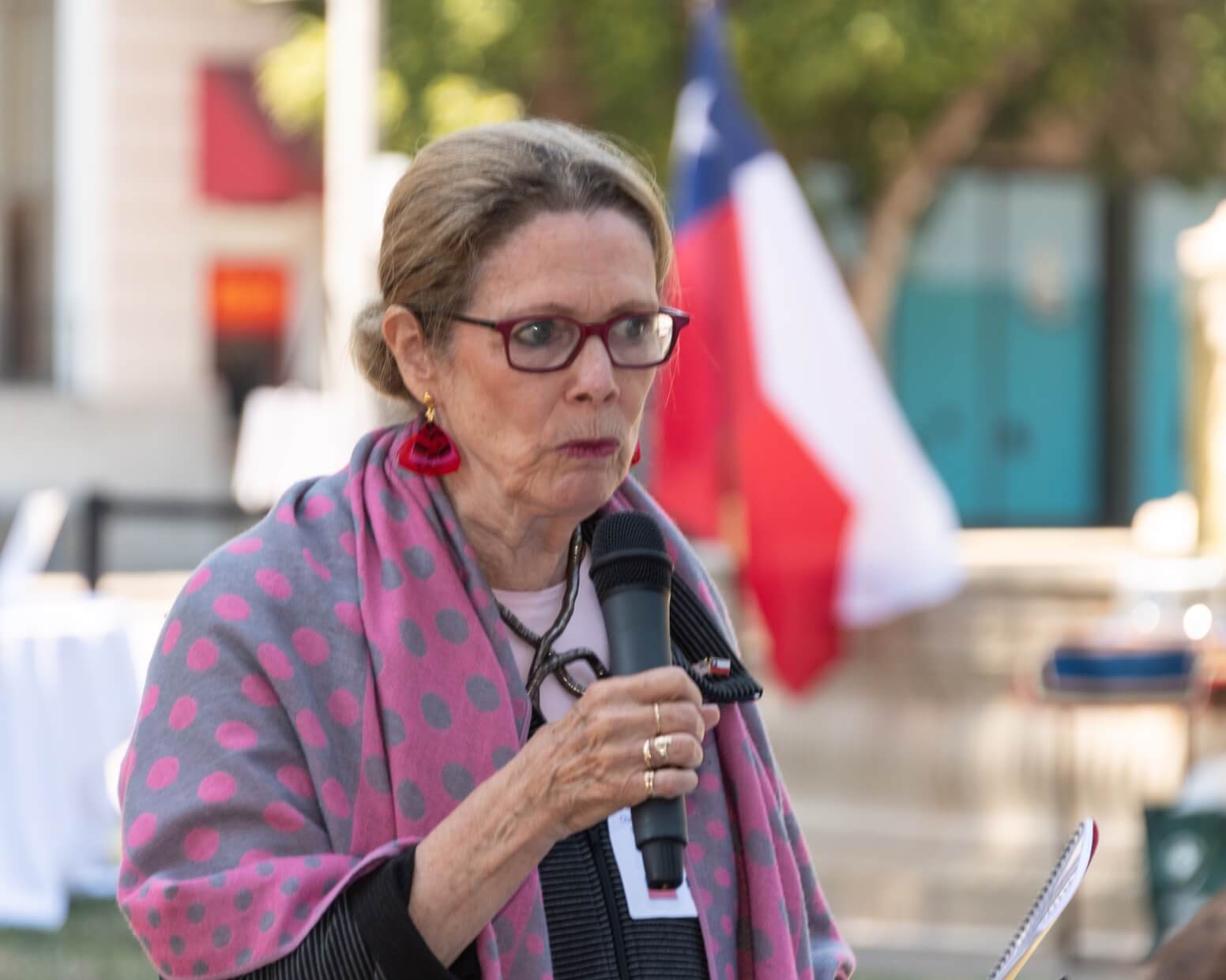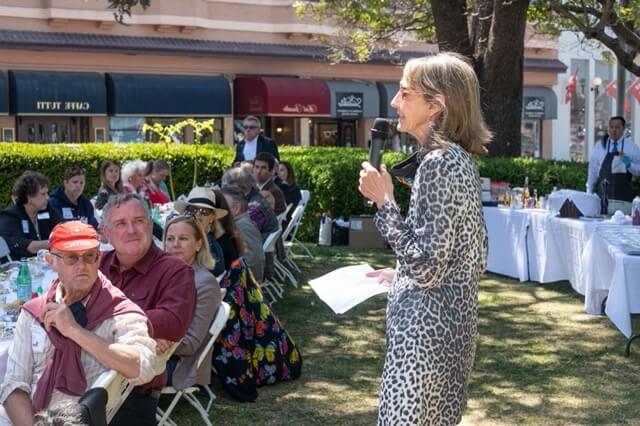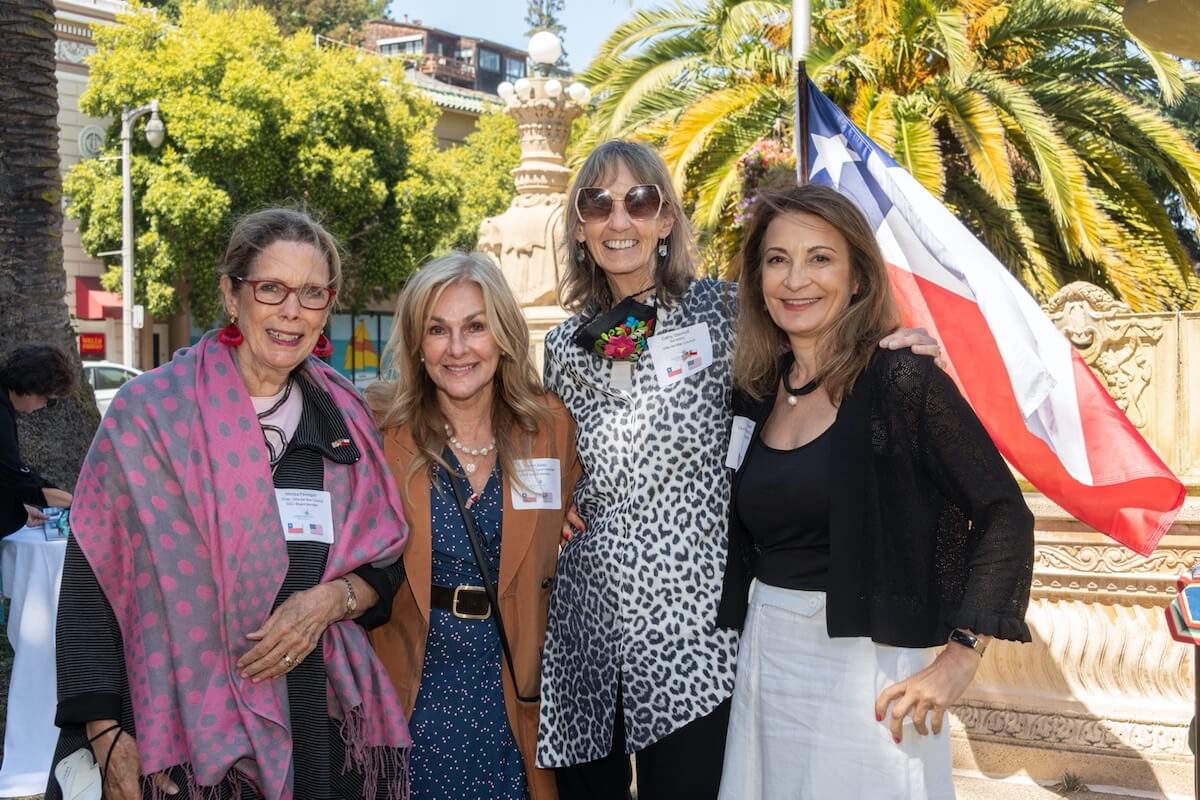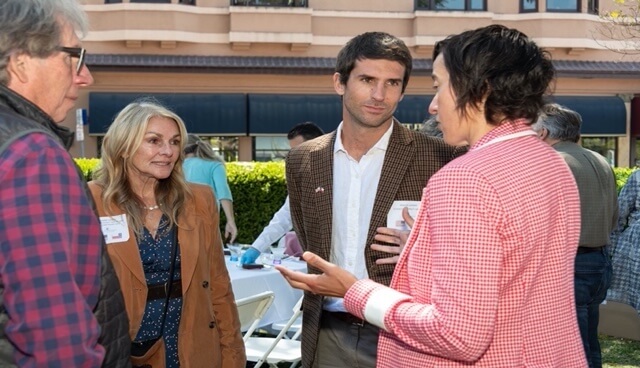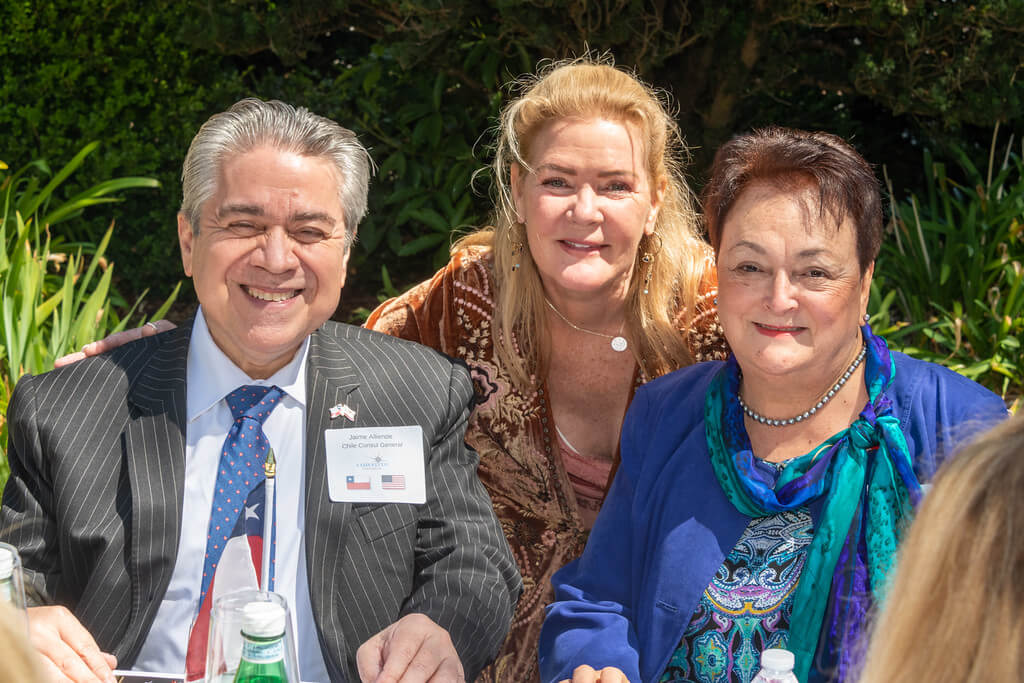UC Riverside Host Virtual Mission for Chilean Entrepreneurs
A growing entrepreneurial ecosystem, a welcoming city and robust programs to help them succeed are some of the takeaways for the visiting innovators.
The Covid-19 pandemic hasn’t stopped the UC Riverside (UCR) team of the Office of Technology Partnerships from bringing international entrepreneurs to Riverside to showcase the region’s ecosystem to help them launch into the US market. The UCR team recently hosted a virtual mission for 23 Chilean start-ups in various industries including health, agriculture, seafood, clean-tech, emergency response, and security.
The mission was part of Startup Ciencia a program by the Chilean Ministry of Science coordinated through the country’s Technology Transfer Hubs: Know Hub Chile, HUB APTA and Hubtec; and Endeavor Chile, that brought together some of the country’s most promising startups with the goal of accelerating their commercialization.
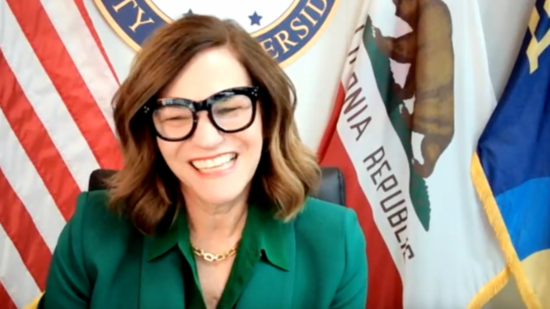

The Chilean innovators spent two days learning about the Riverside entrepreneurial ecosystem comprised of two incubators, world leading research and clean-tech testing facilities, mentoring resources including a team of over 15 Entrepreneurs-in-Residence experts in technology commercialization and entrepreneurship through UCR’s SPIC SBDC, as well as a multitude of training and support programs, and access to funding, among others. Most valuable is the commitment to entrepreneurial success by the local government and educational institutions.
The Mayor of Riverside Patricia Lock Dawson as well as Rosibel Ochoa, Associate Vice Chancellor for Technology Partnerships at UCR joined the event to welcome and support the visiting entrepreneurs. Also, the Trade Commissioner for ProChile Chilean Ministry of Foreign Affairs and a representative from the Chile-California Council joined the event. “There are very innovative technologies in Latin America, the Chilean entrepreneurs showcased valuable solutions that we look forward to incubating and growing in Riverside” said Ochoa, and added “International innovations are part of the portfolio of technologies that will help us shape the Inland Empire region.”
“I often say, when you choose Riverside, Riverside chooses you back! Our city is home to many resources and exciting opportunities all geared towards ensuring entrepreneurs find success. My administration stands ready to welcome new industries and innovative companies who are challenging the status quo,” said Mayor Lock Dawson.
The teams received training during the virtual visit. They participated in a workshop to learn about investor decision making offered by a UCR expert with 300-years of venture capital experience. They learned about setting up a business in the United States and the process to be incubated in Riverside by UCR. An expert in government grants answered questions about steps to obtain SBIR/STTR funding once they establish in the US. Lastly, teams had the chance to practice their investor pitch with UCR experts in technology commercialization and entrepreneurship, which helped them prepare for the culminating event, a pitch presentation in front of a panel of California venture capital and angel investors.
José Miguel Figueroa, Founder of Innovai, a participating startup with a technology that naturally extends the shelf life of fish and seafood, commented “during the mission we received excellent feedback from investors, professors, and learned about the instruments available to support international startups get to the US market. Particularly valuable was learning how investors think and make investment decisions. We look forward to being incubated in Riverside.”
The Chilean entrepreneurs’ innovations included a range of technologies, from the detection and prevention forest fires, to a hydrogel for the regeneration of cell tissue to a solution to mimic sunlight to improve crop development.
Medio: UC RIVERSIDE
